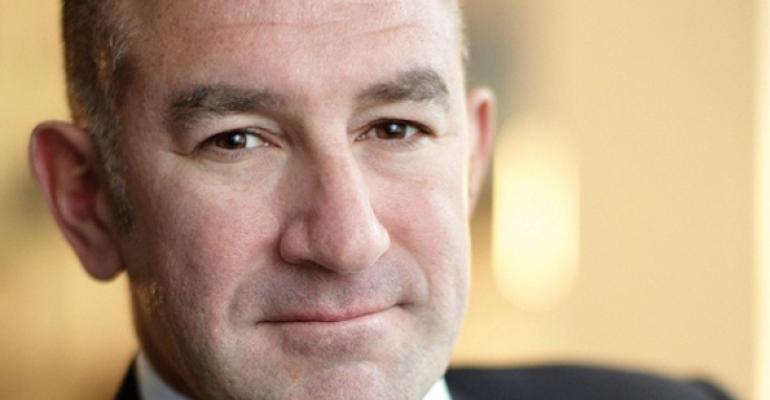Elliot Weissbluth, the CEO of Chicago-based HighTower, says that the Department of Labor, in designing its final fiduciary rule, created loopholes and gave concessions to the industry that allow brokerage firms to continue their business as usual. In an interview with WealthManagement.com, Weissbluth took particular issue with the fact that brokers can continue to sell proprietary products to their clients.
“I think that the concessions that the DOL made are going to effectively Swiss cheese the fiduciary standard with some pretty significant loopholes, and I think what you end up with is an abrogation of the fiduciary duty where you’re now going to do potentially more damage than good,” Weissbluth said.
In the final rule, the DOL clarifies how the best interest contract exemption can be used to recommend proprietary products. It includes a requirement that firms determine that the limitations are not so severe that the advisor will generally be unable to satisfy the exemption’s best interest standard and other requirements.
“Unless the compensation schemes are fully transparent, there’s going to be an inevitable conflict of interest between the compensation for an internal product, even if it’s not manufactured internally—but distributed internally,” he said. “So the idea that you can’t discharge a fiduciary duty without also trying to sell your internal product, is absurd.”
Weissbluth believes the DOL rule waters down the fiduciary standard, one that is already a high standard of care by allowing certain conflicts of interest to occur within these retirement accounts.
“The businesses that do need to riddle a fiduciary duty with loopholes so they can keep doing business as usual are the businesses that are perpetuating disruptive influences on the industry generally, and we believe it’s only a matter of time before those financial advisors and those financial advisory firms that are not engaging in those commercial activities will prevail,” he said. “Those that continue to undermine trust and confidence will no longer be in the business.”





